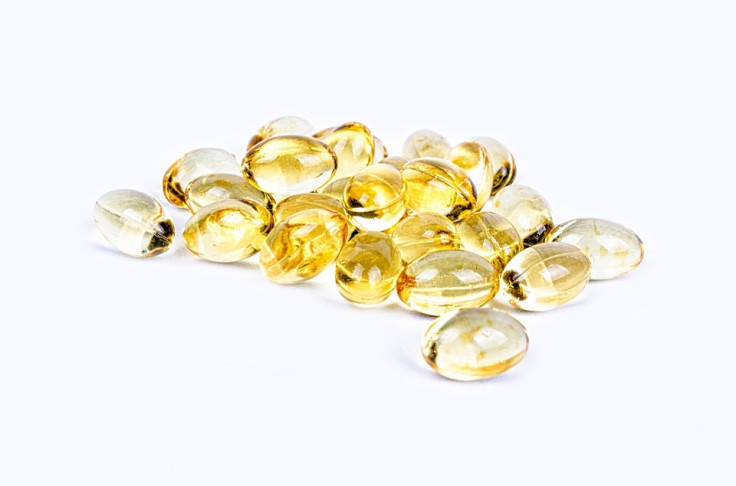Vitamin D supplements may lower cancer risk by more than a third, study says
The protective effect was only apparent for those who have normal BMIs who were reportedly able to cut the risk by 38 percent.
It would seem that vitamin D supplements do not only help you fight serious coronavirus infection, but it could significantly lower the risk of developing advanced cancer.
A study titled "Effect of Vitamin D3 Supplements on Development of Advanced Cancer" published in JAMA Network Open found that taking vitamin D supplements could reduce the overall risk of individuals from suffering an advanced cancer stage by 17 percent. Those who benefited the most were those who maintained a healthy body mass index (BMI), which the Centers for Disease Control and Prevention (CDC) stated as between 18.5 to 24.9. On the other hand, those who were considered obese or overweight did not show signs of a reduction in risk.
Paulette Chandler, a corresponding author in Brigham's Division of Preventive Medicine revealed in New York Post that the findings suggest that taking vitamin D could help in reducing the risk of developing advanced cancer. She also noted that vitamin D is cheap and readily available. Perhaps the most significant part of the study is how they ascertained the relationship between normal weight and the efficacy of vitamin D in reducing cancer risk.
The study looked at 25,871 patients who were in their 50s at Boston hospitals. The period of study was between 2013 and 2018. At the start of the study, all the patients were cancer-free and also had no cardiovascular disease.
Participants were required to take a limited amount of vitamin D at no greater than 800 IU/d from all sources including vitamins. They were also requested to forgo the use of any out-of-study fish oil supplements. The researchers got blood samples from all willing participants and also had follow-up questionnaires to collect information on the participants' use of vitamin D, recurrence of cancer, and development of any major illness.
After analysis, the researchers ascertained that vitamin D reduced the risk of developing an advanced stage of cancer among adults without any cancer diagnosis initially. They noted however, that the protective effect was only apparent for those who have normal BMIs. Those with normal weight were able to cut the risk by 38 percent.
© Copyright IBTimes 2025. All rights reserved.






















